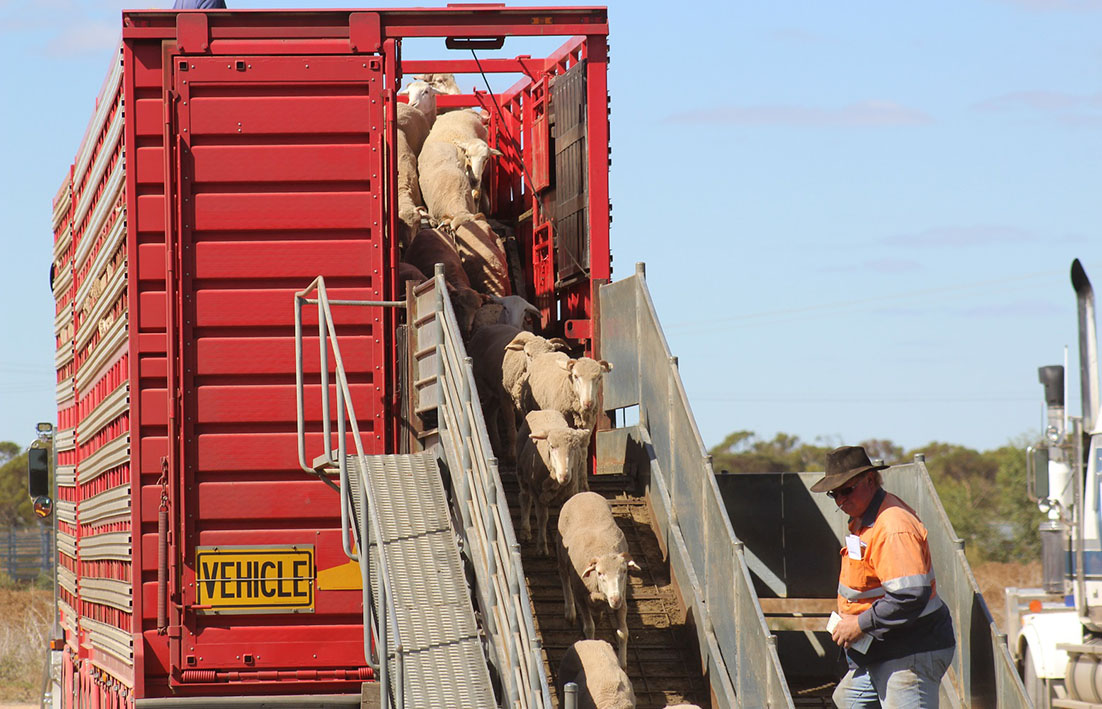
THE Western Australian Livestock Exporters Association (WALEA) has congratulated Premier Roger Cook for his advocacy to the federal government in opposing the ‘Nature Positive’ legislation leading to its withdrawal and its opposition to the live sheep ban.
In an open letter to the Premier WALEA stated the live sheep ban policy was driven by extreme activists and sadly the federal government had become a mouthpiece for them.
The letter outlined that farmers in WA are suffering at the hands of the federal government and that the WA sheep flock declined by 25 per cent in 2024, and it is expected to reduce in 2025 to around six million – a 50 per cent decrease in two years.
WALEA said two major abattoirs have closed in WA since the federal government came to power due to concerns about future viability and that wool production in WA is at its lowest since the 1920’s due to the flock liquidation, while shearers are reporting their businesses have dropped by 30 per cent in the last 12 months.
“The reason for these outcomes is simple, a viable WA sheep industry needs competition from three markets – meat processing, wool production and live exports,” the letter stated.
“You take one of these away then the viability of sheep production in WA is damaged and all three of these industries will suffer dire consequences because of the ban. This means less money flowing into local businesses and therefore less people being able to remain in those communities.
“For the WA flock to be self-sustaining it requires a minimum of 10 million sheep and the flock has already dipped well below this. WALEA is greatly concerned that this policy may not only spell the end of the live sheep export industry, but the sheep processing and wool industries as well.
“Even if a transition was possible – the federal government has given no time and superficial support. Three years does not allow time for businesses to restructure their flocks. $139m barely scratches the surface of the economic loss of this ban, particularly when considering that only approximately $45m is earmarked for producers and the supply chain.
“Good governments do not shut down industries that support regional businesses and communities for political purposes.”